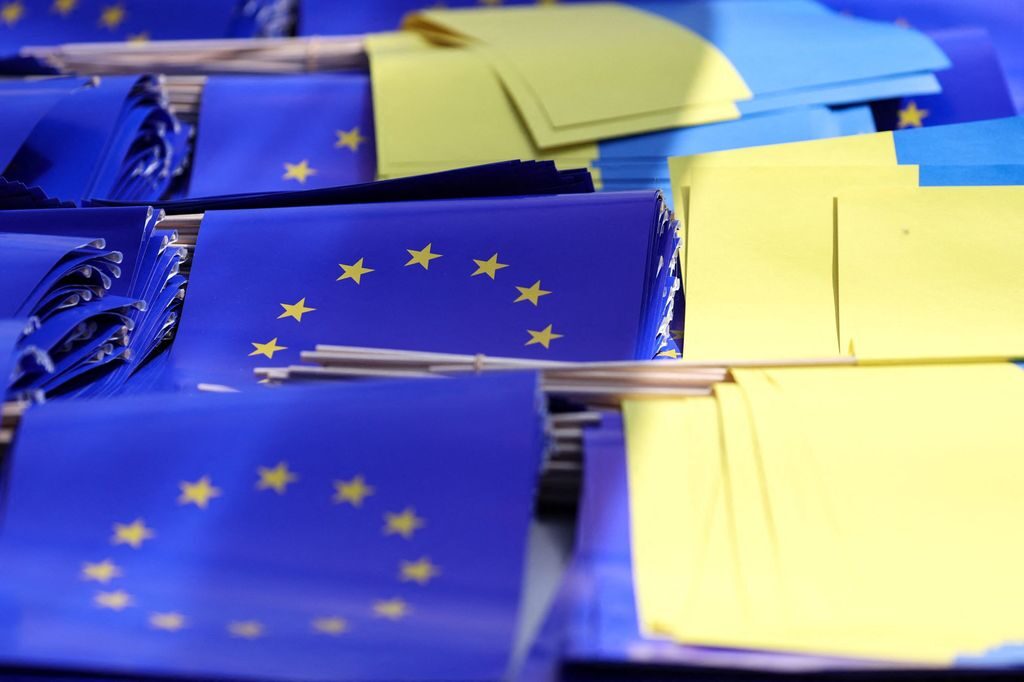
Kommentar: Blot for tre måneder? We er blevet ledt til at tro at Ukraine vil opleve et økonomisk mirakel derefter?
Planen kunne blive afsløret så tidligt som den 18. maj, sagde de.
Ifølge den ukrainske regering og den internationale valutafond, så har Ukraine brug for €5 milliarder per måned for at holde økonomien kørende - fra at betale lønninger og pensioner og til at tage vare på de fortrængte befolkningsgrupper og til at andre krigsrelaterede udgifter.
USA har givet løfte om at yde en tredjedel af summen hvilket vil efterlade €10 milliarder udækket.
Kommentar: Vi skal forledes til at tro at pengene vil ende op i pensionisternes lommer? Hvad blev der af de milliarder som Ukraine allerede har modtaget?
Kommentar: Delvis oversat til dansk af Sott.net fra: EU to loan Ukraine €5 billion PER MONTH to keep country from collapsing - diplomats
The Commission briefed EU ambassadors Friday on a plan to bridge that gap, which would entail the Commission issuing debt on the back of guarantees provided by EU countries. That's similar to the so-called SURE program used during the pandemic to raise funds for the short-term unemployed, the diplomats said.
At the time, the Commission asked €25 billion in guarantees to raise €100 billion.
While Ukraine's financial gap is much smaller, the Commission hasn't provided details of how much it would need and how that would be divvied up between countries, the diplomats said.
Comment: These 'pandemic payments' basically paid governments to enforce the lockdown agenda.
A few countries, including Germany, Austria and Greece, asked the Commission to provide alternative financing options ahead of presenting its plan on May 18. If other non-EU countries — like Japan, the U.K., Norway and others — chip in, that would leave the EU with a few billion to cover. And that could happen by bilateral donations, their thinking goes.
Comment: 'A few billion'; as if the EU isn't already on the brink of economic collapse.
"Whenever there's a problem with money, [the Commission] says SURE!" quipped a diplomat.
The French presidency wants to bring up the matter for heads of state and government to discuss at the end of May.



Læserkommentarer